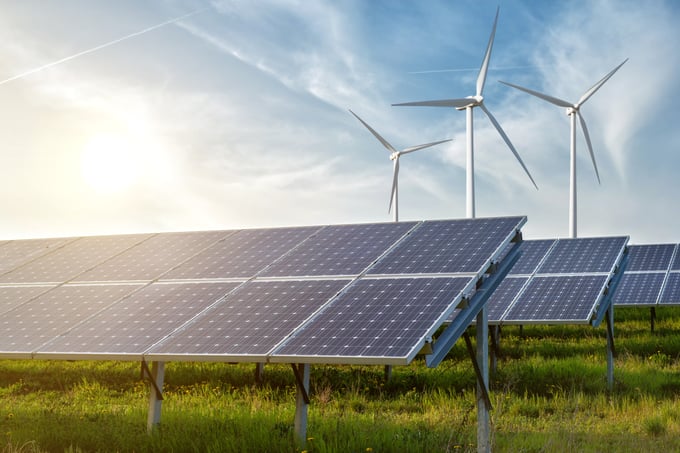This summer, the government finally published the responses to its 2021 Call for Evidence on the energy retail market. Lots of different groups responded, including householders, consumer groups, energy suppliers and trade associations. The upshot was a clear consensus in favour of reform.
The first question was about Renewable Energy Guarantees of Origin (REGOs). It asked if the system of retrospective annualised matching, where a unit of consumption could be matched to any unit of renewable energy generated in the past 12 months, is working. We have long argued that REGOs and the current system are not fit for purpose. And the majority of respondents agree with us. Most people said that the system is not clear enough to consumers, many of whom wrongly believe that choosing a “green” tariff means supporting the build-out of new renewable energy projects.
The need for additionality
The most common suggestions for reforming the energy retail market in the UK focused on the need for additionality. We need a way for consumer choices to send a clear market signal that leads to more renewable energy being produced. REGOs are currently not achieving this; there is little connection between consumption of REGO-backed “100% renewable” energy and the development of renewable assets.
Suggestions included introducing a ranking system for “green” tariffs, reflecting how much new generation they actually support. Many respondents emphasised the importance of data: better real-time information on the grid mix and half-hourly matching of consumption and generation. This is in line with what ENTRNCE has been calling for.
Too cheap to drive change?
Respondents felt that REGOs have historically been “too cheap to influence long-term investment decisions”. However, some respondents felt that REGOs could be a better tool to drive investment if prices rose. One condition seemed to respondents to make this more likely: making REGO certificates more granular. That is, supplying the evidence of energy sourcing on a half-hourly basis rather than annually.
The price of REGOs has been rising since the Call for Evidence closed in December 2021, hitting a record high in July 2023 and promptly beating that record. An auction in September 2023 saw prices of over £14 for wind and solar REGOs. This suggests that REGOs could be part of a more effective energy market, if they can begin to offer the transparency of sourcing that customers need.
PPAs: a challenge for smaller organisations
Power purchase agreements (PPAs) allow corporate energy consumers to form a contract with a renewable generator. Some respondents to the Call for Evidence argued that they are only really suitable for large businesses prepared to make long-term financial commitments. Equally, it is also difficult for smaller generators and suppliers to be part of this market. Other respondents noted that it is very difficult to offer a truly renewable PPA at the level of half-hourly sourcing. We make this point in our whitepaper on corporate PPAs.
What next?
A lot has happened in the two years since the government launched this Call for Evidence. October 2021 brought the long-awaited Net Zero Strategy, March 2023 saw a frenzy of publications on green issues and September 2023 gave us the Prime Minister’s big net zero U-turn. So, although the government says it is “now undertaking a broader review of the REGO scheme”, it is not clear what the next few months will bring for REGOs.
ENTRNCE will continue to call for an energy retail market that offers real transparency for consumers. We support a data-driven approach that gives energy users the chance to make genuinely informed choices on their consumption.



